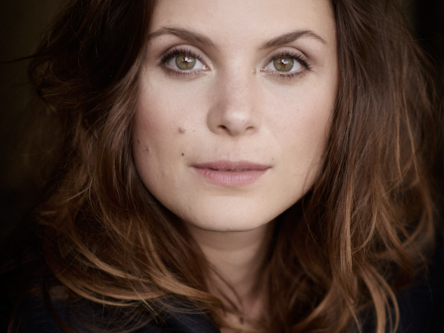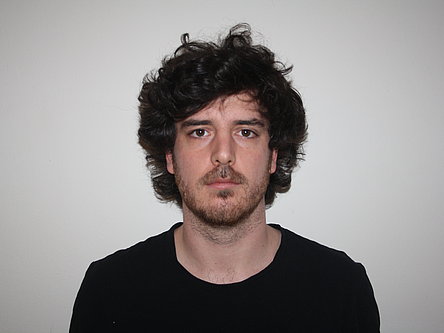Testimonials
Stella Louise Göke studied classical singing in the Netherlands and graduated with a Bachelor of Music in 2014. Since graduating, she has lived in her adopted city of Cologne and works as a freelance singer and actress in a wide range of projects across Europe. She has been studying music education in the Master of Arts programme at the University of Music and Dance in Cologne since 2019. Artistic research allows the young soprano to combine two passions of her artistic work: performing on stage as a singer, experiencing music, and scientifically penetrating these processes and discovering new, previously unimagined things.
The week in Oslo was so special for me because although everything went on Zoom (what can be very exhausting) we had a lot of time. There was space to breath, to let impressions sink and to give room to own thoughts. There were lectures from people and very interesting projects to talk about. But there were also experiments with funny things to do. Although I was in my room I started to sing and to explore my instrument in different ways. How do you reflect? Of course you can think about stuff but what else can you do? What material can you use? How can you tell somebody that you reflect without using your voice? And especially for me as a singer it was very interesting to start reflecting without my voice. Because I am used to use my voice all the time. They talked about and taught me to be open to use different materials. So I started to use a tomato. I reflected on the fact when I walk around I sometimes do not feel secure and I feel vulnerable. Especially on stage. And so I choose a tomato: It seems to be very strong, but it is soft and when you smash it, it exploses in every direction. And I kind of reflected on my thoughts of precarity by smashing tomatoes.

